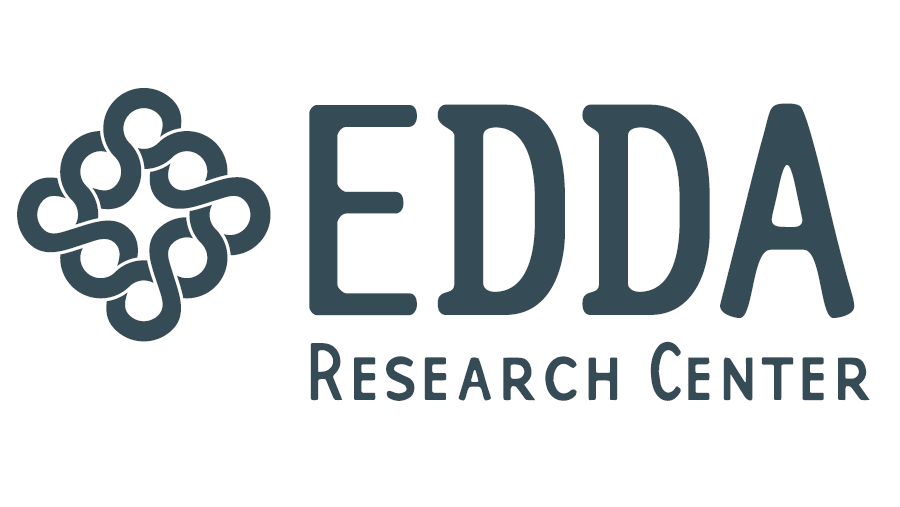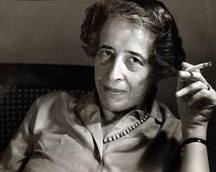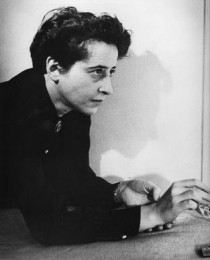 Goethe Institut and EDDA Center in Critical Contemporary Research at the University of Iceland will host a conference on Hannah Arendt and the Crisis of Politics. In collaboration with the Nordic Society of Phenomenology, the EDDA Center will also host a panel on Hannah Arendt and the Crisis of Culture. The events will take place on 27 – 28 April at the University of Iceland. Click here for further information.
Goethe Institut and EDDA Center in Critical Contemporary Research at the University of Iceland will host a conference on Hannah Arendt and the Crisis of Politics. In collaboration with the Nordic Society of Phenomenology, the EDDA Center will also host a panel on Hannah Arendt and the Crisis of Culture. The events will take place on 27 – 28 April at the University of Iceland. Click here for further information.
——
Conference hosted by Goethe Institut and EDDA Center in Critical Contemporary Research at the University of Iceland.
Hannah Arendt and the Crisis of Politics
Wednesday, April 27, 2011, University of Iceland, Oddi 101, 13.00-17.30.
Program:
- 13.00-13.15 Opening: Sigríður Þorgeirsdóttir, Professor of Philosophy, University of Iceland.
- 13.15-14.15 Dana R. Villa, Professor of Political Theory, University of Notre Dame: “The ‘Autonomy of the Political’ Reconsidered.”
- 14.15-15.15 Susanne Lettow, Research Fellow, Institute for Human Sciences, Vienna: “On Economy. Re-reading Arendt in Times of Crisis.”
- 15.15-15.30 Coffee break.
- 15.30-16.30 Dieter Thomä, Professor of Philosophy, University of St. Gallen: “The Pursuit of Happiness, Republicanism, and the Moral Sense: Thinking with Arendt against Arendt.”
- 16.30-17.30 Panel Discussion with Oddney Eir Ævarsdóttir, Writer and Philosopher, Robin May Schott, Senior Researcher, Danish Institute of International Studies, and Páll Skúlason, Professor of Philosophy, University of Iceland.
- 17.30 Light refreshments.
About the Speakers:
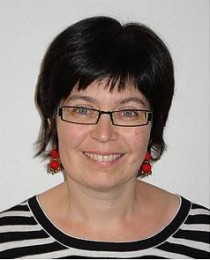 Susanne Lettow is a research fellow at the Institute of Human Sciences in Vienna and a lecturer in Philosophy at the University of Paderborn. She has tought at the Free University in Berlin, been a researcher at the University of Frankfurt, and at the Department for History and Philosophy of Science, Cambridge, UK. She has written on political and social philosophy, gender studies, Heidegger´s and Arendt´s philosophy, but most recently on philosophies of biology and the biosciences. Among her book publications are: Die Macht der Sorge. Die philosophische Artikulation von Geschlechterverhältnissen in ‘Sein und Zeit’ (Tübingen: edition discord, 2001) and Biophilosophien. Wissenschaft, Technologie und Geschlecht im philosophischen Diskurs der Gegenwart (Frankfurt/Main u. New York: Campus, 2011).
Susanne Lettow is a research fellow at the Institute of Human Sciences in Vienna and a lecturer in Philosophy at the University of Paderborn. She has tought at the Free University in Berlin, been a researcher at the University of Frankfurt, and at the Department for History and Philosophy of Science, Cambridge, UK. She has written on political and social philosophy, gender studies, Heidegger´s and Arendt´s philosophy, but most recently on philosophies of biology and the biosciences. Among her book publications are: Die Macht der Sorge. Die philosophische Artikulation von Geschlechterverhältnissen in ‘Sein und Zeit’ (Tübingen: edition discord, 2001) and Biophilosophien. Wissenschaft, Technologie und Geschlecht im philosophischen Diskurs der Gegenwart (Frankfurt/Main u. New York: Campus, 2011).
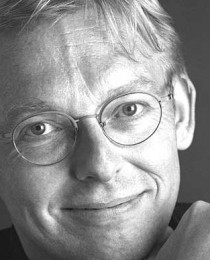 Dieter Thomä is professor of philosophy at the University of St. Gallen in Switzerland. He has published widely in the field of social philosophy, ethics, phenomenology, and aesthetics. Among his publications are: a Heidegger Handbuch (Stuttgart 2003), a monograph on happiness in modern times (Frankfurt 2003), a study on narrativity and biography (Munich 1998), and articles on Arendt and Heidegger, Arendt and Günter Anders, and Arendt and Adorno. Thomä is a recipient of fellowships from the Alexander von Humboldt Foundation (New York 1997-9), the Getty Research Institute (Los Angeles, 2002-3), the Max Weber Kolleg (Erfurt, 2007-8), and the Institute for Advanced Study in Berlin (2009-10).
Dieter Thomä is professor of philosophy at the University of St. Gallen in Switzerland. He has published widely in the field of social philosophy, ethics, phenomenology, and aesthetics. Among his publications are: a Heidegger Handbuch (Stuttgart 2003), a monograph on happiness in modern times (Frankfurt 2003), a study on narrativity and biography (Munich 1998), and articles on Arendt and Heidegger, Arendt and Günter Anders, and Arendt and Adorno. Thomä is a recipient of fellowships from the Alexander von Humboldt Foundation (New York 1997-9), the Getty Research Institute (Los Angeles, 2002-3), the Max Weber Kolleg (Erfurt, 2007-8), and the Institute for Advanced Study in Berlin (2009-10).
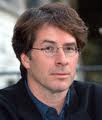 Dana Villa is Packey J. Dee professor of political theory at the University of Notre Dame. He has been a visiting professor of government at Harvard and a fellow at the American Academy in Berlin, the Institute for Advanced Study, and Princeton’s Center for Human Values. His books and essays have been translated into many languages. He has written extensively on political philosophy, and his work on Hannah Arendt´s theory of political action and her intellectual debt to Heidegger is well known in both the United States and Europe. In addition to Arendt and Heidegger (Princeton, 1995), his books include Socratic Citizenship (Princeton, 2001), Politics, Philosophy, Terror (Princeton, 1999), and Public Freedom (Princeton, 2008). He is currently working on a book addressing the topic of political education in the period preceding and just after the French Revolution entitled Teachers of the People.
Dana Villa is Packey J. Dee professor of political theory at the University of Notre Dame. He has been a visiting professor of government at Harvard and a fellow at the American Academy in Berlin, the Institute for Advanced Study, and Princeton’s Center for Human Values. His books and essays have been translated into many languages. He has written extensively on political philosophy, and his work on Hannah Arendt´s theory of political action and her intellectual debt to Heidegger is well known in both the United States and Europe. In addition to Arendt and Heidegger (Princeton, 1995), his books include Socratic Citizenship (Princeton, 2001), Politics, Philosophy, Terror (Princeton, 1999), and Public Freedom (Princeton, 2008). He is currently working on a book addressing the topic of political education in the period preceding and just after the French Revolution entitled Teachers of the People.
——
Panel at the Conference of the Nordic Society of Phenomenology.
Hannah Arendt and the Crisis of Culture
Thursday April 28, 2011, University of Iceland, Háskólatorg 101, 13.15-16:30.
- 13.15-13.45 Sigríður Þorgeirsdóttir: “Arendt and Nietzsche on Performative Politics in Times of Crisis.”
- 13.45-14.15 Julia Honkasalo: “Empty Promises and mere Jargon? Arendt’s Critique of Human Rights discourse.”
- 14.15-14.45 Robin May Schott: “Natality and the Harms of Genocide.”
- 14.45-15.00 Coffee break.
- 15.00-15.30 Martina Reuter: „Arendt and the Justification of Civil Disobedience.“
- 15.30-16.00 Helgard Marhdt: „Judging is One, if not the Most, Important Activity in which this Sharing-of the-World-with-Others Comes to Pass.“
- 16.00-16.30 Ulrika Björk: „Crisis, Politics and the Common World: Arendt and Husserl.“
